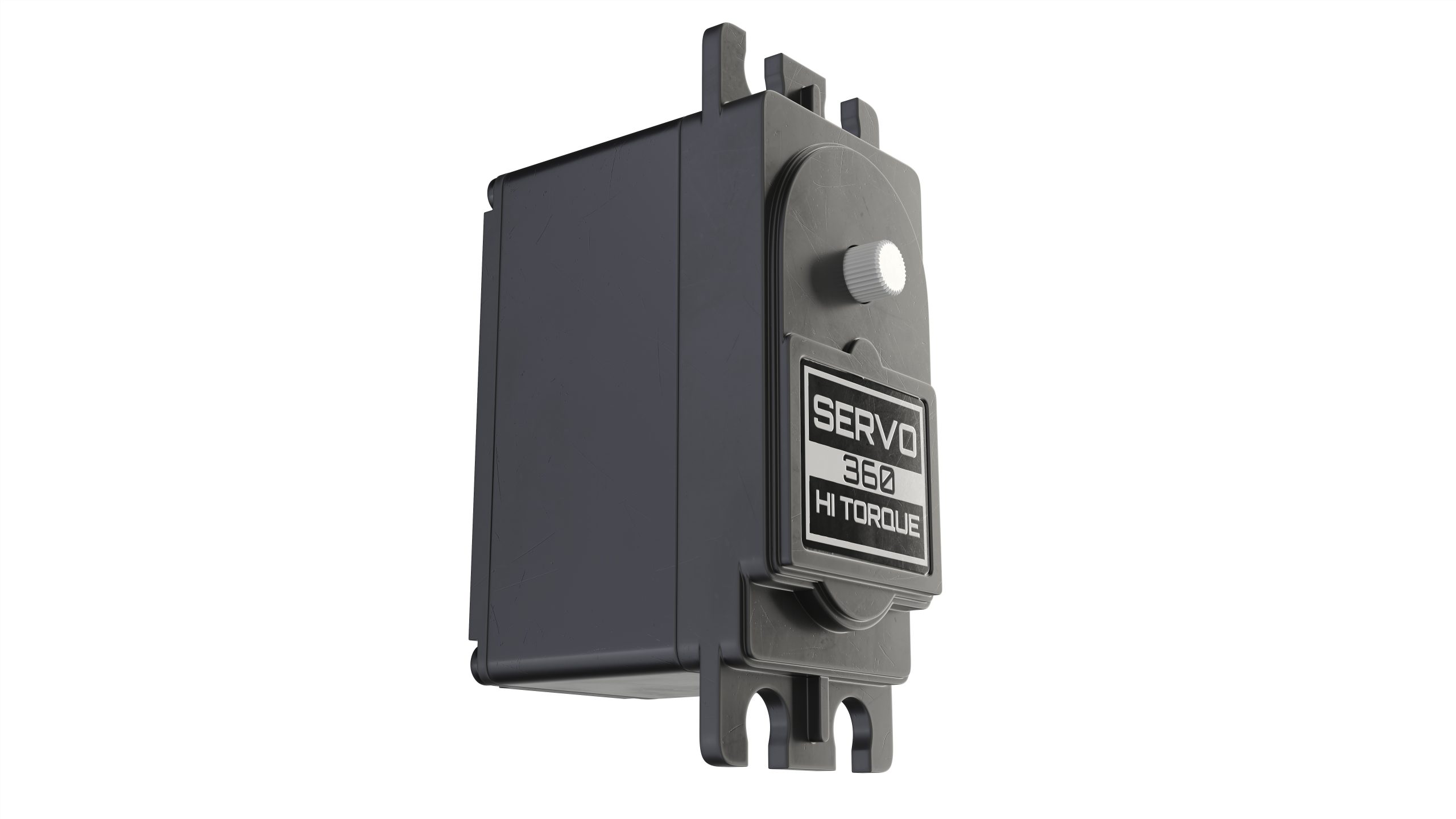What is an industrial adapter?
An industrial adapter is a product intended for connection and enabling communication between several kinds of equipment, systems, or networks. Intermediary adapters convert signals, match physical interfaces, and even change the data format so that compatibility and efficiency will be achieved. In comparison, industrial adapters are more built to withstand very adverse conditions compared to standard consumer-grade adapters such as high temperatures, vibrations, moisture, and electromagnetic interference.
Types of Industrial Adapters
Industrial adapters are just as varied as the businesses that they support. Following is a list of some the common types:
Power Adapters
Convert electrical power from one form to another; makes devices compatible.
Examples: AC/DC converters; voltage transformers.
Data Adapters
Connect devices, systems, or networks with mismatched data protocols.
Examples: Ethernet-to-serial adapters; USB-to-RS232 adapters.
Mechanical Adapters
Connect mismatched pieces like pipes, shafts, or fittings.
Examples: Flange adapters; couplings.
Network Adapters
Let devices connect to a network, either wired or wireless.
Examples: Wi-Fi adapters, industrial IoT gateways.
Protocol Converters
Translate different communication protocols to ensure interoperability.
Examples: Modbus-to-Profibus converters, CAN-to-Ethernet gateways.
Applications of Industrial Adapters
The applications of industrial adapters range from manufacturing to healthcare and include:
Manufacturing
Streamline automation processes by connecting robots, sensors, and control systems.
Energy
Enable the integration of renewable energy sources with existing power grids.
Transportation
Support smart infrastructure and vehicle-to-everything (V2X) communication.
Healthcare
Improve interoperability of medical devices in hospitals.
Building
Connect heavy machinery with advanced monitoring and control systems.
Advantages of Industrial Adapters
Industrial adapters have several advantages such as:
Increased Compatibility
Bridge the gap between various systems, devices, or standards.
Improved Efficiency
Streamline workflows and minimize downtime through smooth communication.
Cost Savings
Avoid costly equipment replacement by adopting the existing infrastructure.
Scalability
Enable the incorporation of new technologies without halting operations.
Robustness
Built to withstand the rigors of the industrial environment.
How to Select the Industrial Adapter
Selecting the proper industrial adapter requires careful attention to several factors:
Compatibility
Ensure the adapter supports the required standards and interfaces.
Environment
Select an adapter built to withstand specific operating conditions.
Performance
Assess the speed, bandwidth, and reliability required to meet operational needs.
Certification
Seek industry-standard certifications to ensure quality and compliance.
Cost vs. Value
Balance upfront costs with long-term benefits, such as durability and efficiency.

